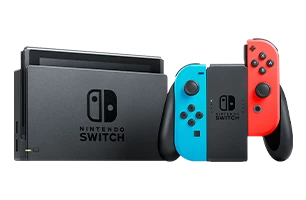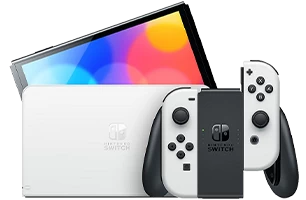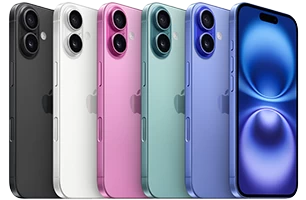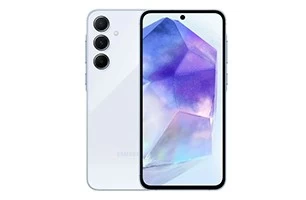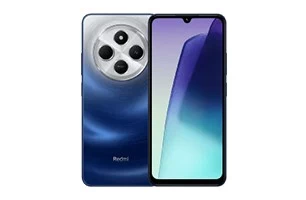スマートフォンの進歩の将来と卸売市場への影響
As the smartphone industry continues to evolve at a rapid pace, the wholesale market faces a growing set of challenges and opportunities. From revolutionary new technologies to shifting consumer preferences, the landscape for wholesalers is being reshaped in unprecedented ways. This article explores the latest advancements in smartphone technology and how these innovations will affect the wholesale industry in the years ahead.
1. The Rise of 5G and Its Impact on Wholesale Smartphone Sales
5G technology is expected to revolutionize the smartphone experience with faster speeds, lower latency, and enhanced connectivity. As major smartphone manufacturers continue to roll out 5G-capable devices, wholesalers will need to adjust their inventory to accommodate the growing demand for these high-tech devices.
Implications for the Wholesale Industry:
• Increased Demand for 5G Devices: As 5G networks become more widespread, the demand for smartphones that support 5G will surge. Wholesalers should prioritize stocking 5G-capable models to meet this demand.
• Price Adjustments: With new 5G smartphones being priced higher, wholesalers may need to consider adjusting their pricing models or offering discounts for bulk purchases to remain competitive.
2. Foldable and Flexible Display Smartphones: A New Frontier
Foldable smartphones, which were once considered a futuristic concept, have now become a reality. Devices like the Samsung Galaxy Z Fold and the Motorola Razr are pushing the boundaries of smartphone design. These foldable phones offer innovative features, such as larger screens in a compact form, catering to the demand for multi-functional devices.
Implications for the Wholesale Industry:
• New Market Segment: Wholesalers should explore the niche market for foldable smartphones, which may appeal to tech enthusiasts and business professionals looking for advanced devices.
• Logistical Challenges: Due to their unique design, foldable phones require specialized packaging and handling. Wholesalers will need to ensure that their supply chain and distribution channels are equipped to handle these devices without damage.
3. Advancements in Battery Technology: Larger, Longer-Lasting Batteries
Battery life has always been a critical factor in smartphone performance. With advancements in battery technology, including silicon-carbon and solid-state batteries, smartphones are now able to last longer with faster charging times. In 2025, it s expected that devices will come equipped with even larger batteries, such as 8,000mAh models, pushing the boundaries of battery efficiency.
Implications for the Wholesale Industry:
• Increased Demand for High-Capacity Batteries: As smartphones with larger batteries become more popular, wholesalers will need to secure partnerships with manufacturers that specialize in these high-capacity models.
• Consumer Preference Shift: Longer battery life will become a major selling point. Wholesalers should be prepared to highlight battery specifications when marketing smartphones to retailers or end customers.
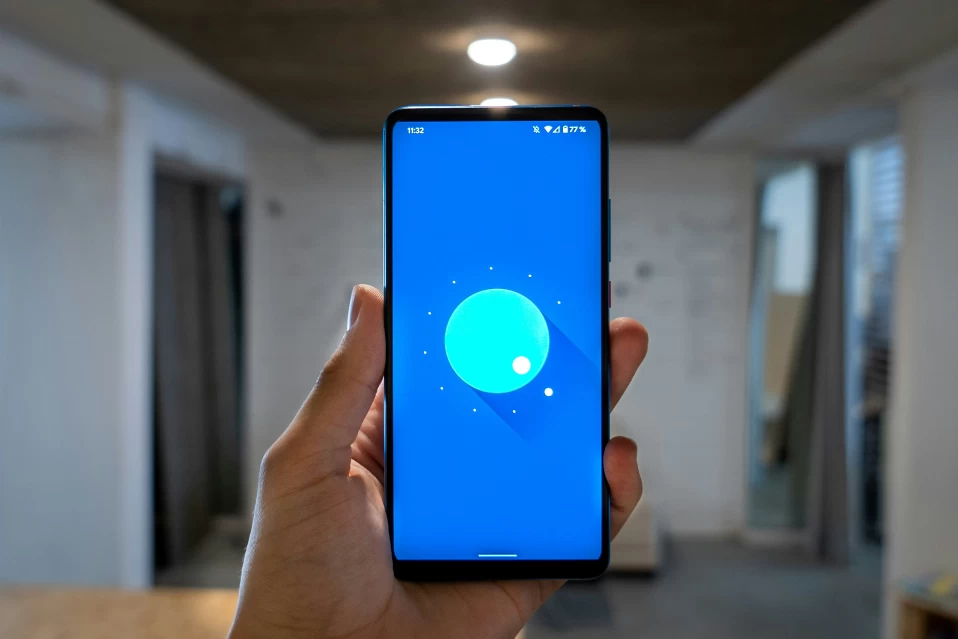
4. AI Integration and Smart Features
Artificial intelligence (AI) is becoming more integrated into smartphones, offering features such as advanced facial recognition, personalized recommendations, and AI-driven camera enhancements. This integration of AI into everyday smartphone functions is rapidly transforming the way users interact with their devices.
Implications for the Wholesale Industry:
• Demand for AI-Enabled Devices: As AI-powered features become more mainstream, wholesalers will need to ensure they re offering the latest devices with these cutting-edge capabilities.
• Consumer Education: Wholesalers may need to educate retailers and consumers about the advantages of AI-powered devices, ensuring that the market is aware of the unique benefits these smartphones offer.
5. Sustainability in Smartphone Production
Environmental sustainability is a growing concern among both consumers and manufacturers. With increasing pressure to reduce e-waste, many smartphone brands are adopting environmentally friendly practices, such as using recycled materials, reducing packaging waste, and offering trade-in programs for old devices.
Implications for the Wholesale Industry:
• Growing Demand for Sustainable Devices: As consumer interest in eco-friendly products increases, wholesalers should prioritize offering smartphones from brands that emphasize sustainability.
• Marketing Green Devices: Highlighting the environmental benefits of smartphones can serve as a selling point for wholesalers, especially in markets where sustainability is a key factor in purchasing decisions.
6. The Role of Software Updates and Customization
In addition to hardware advancements, software development is also playing a significant role in the evolution of smartphones. The ability to receive timely software updates, improved security features, and personalized user experiences is becoming increasingly important.
Implications for the Wholesale Industry:
• Software Compatibility: Wholesalers need to ensure that smartphones they sell are compatible with the latest operating system updates, as consumers increasingly expect regular software improvements.
• Consumer Demands for Customization: As phones become more personalized through software features, wholesalers should explore partnerships with manufacturers that offer customizable devices or operating systems to meet consumer demand.

Conclusion: Embracing Change and Preparing for the Future
ブランド携帯電話の卸売、ブランド携帯電話の卸売、スマートフォンの卸売



